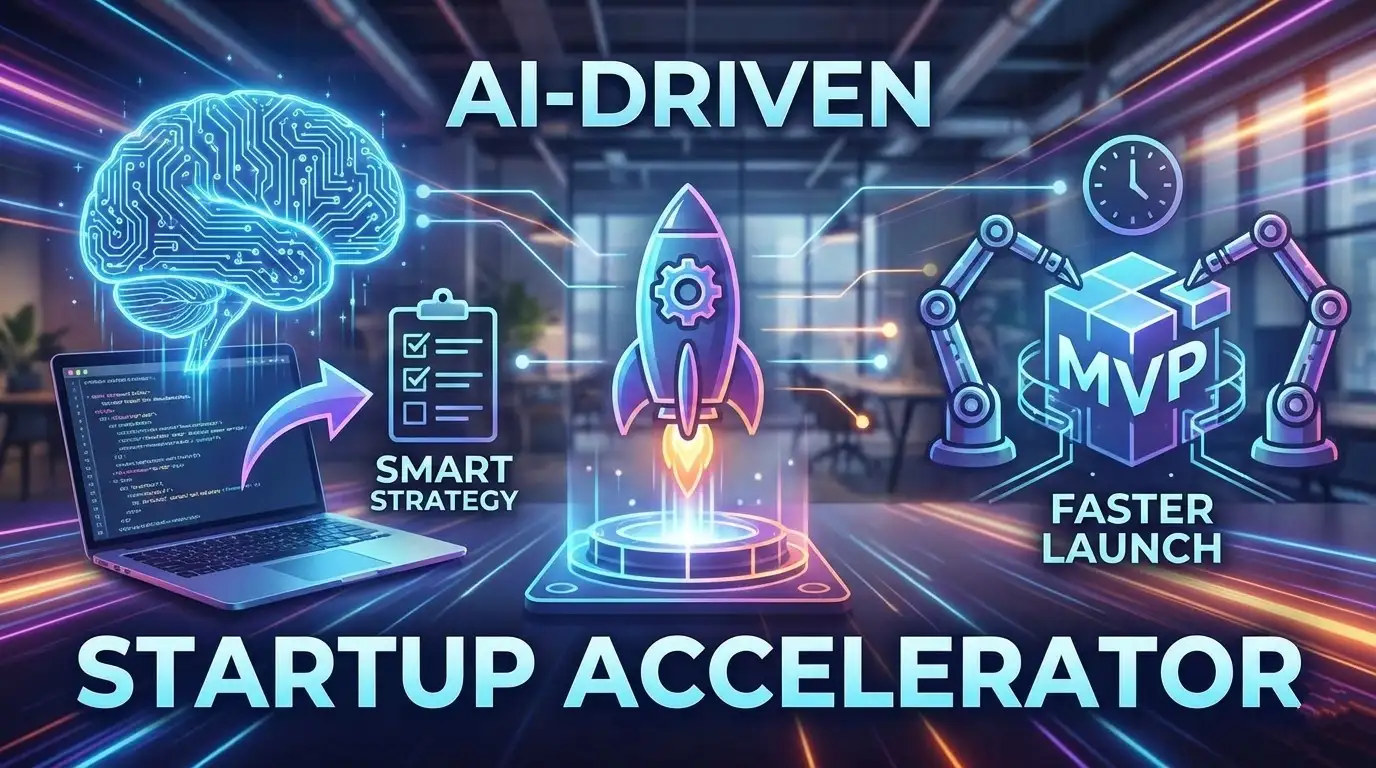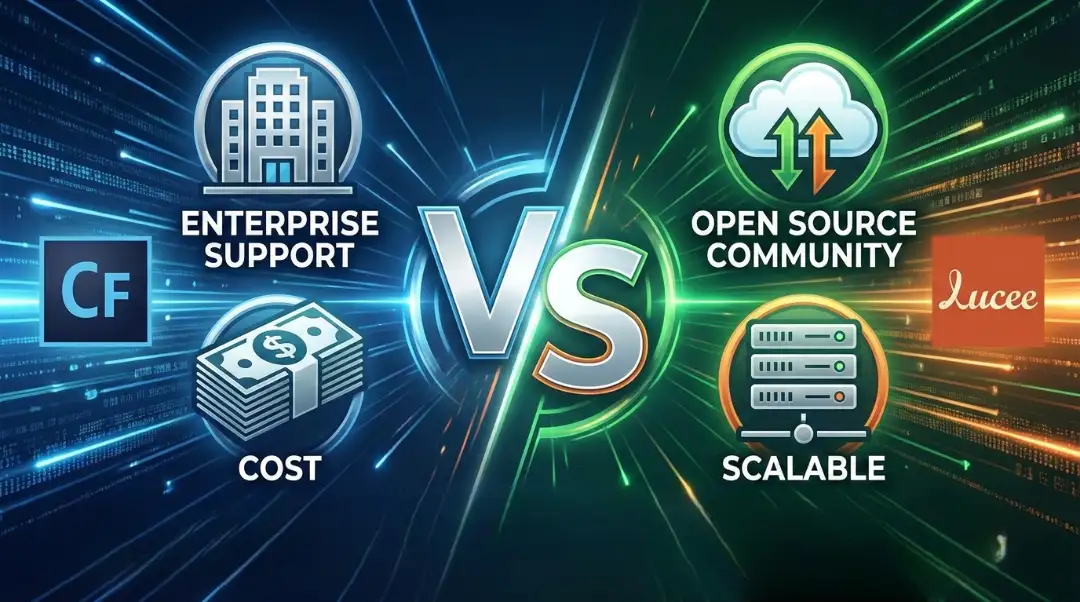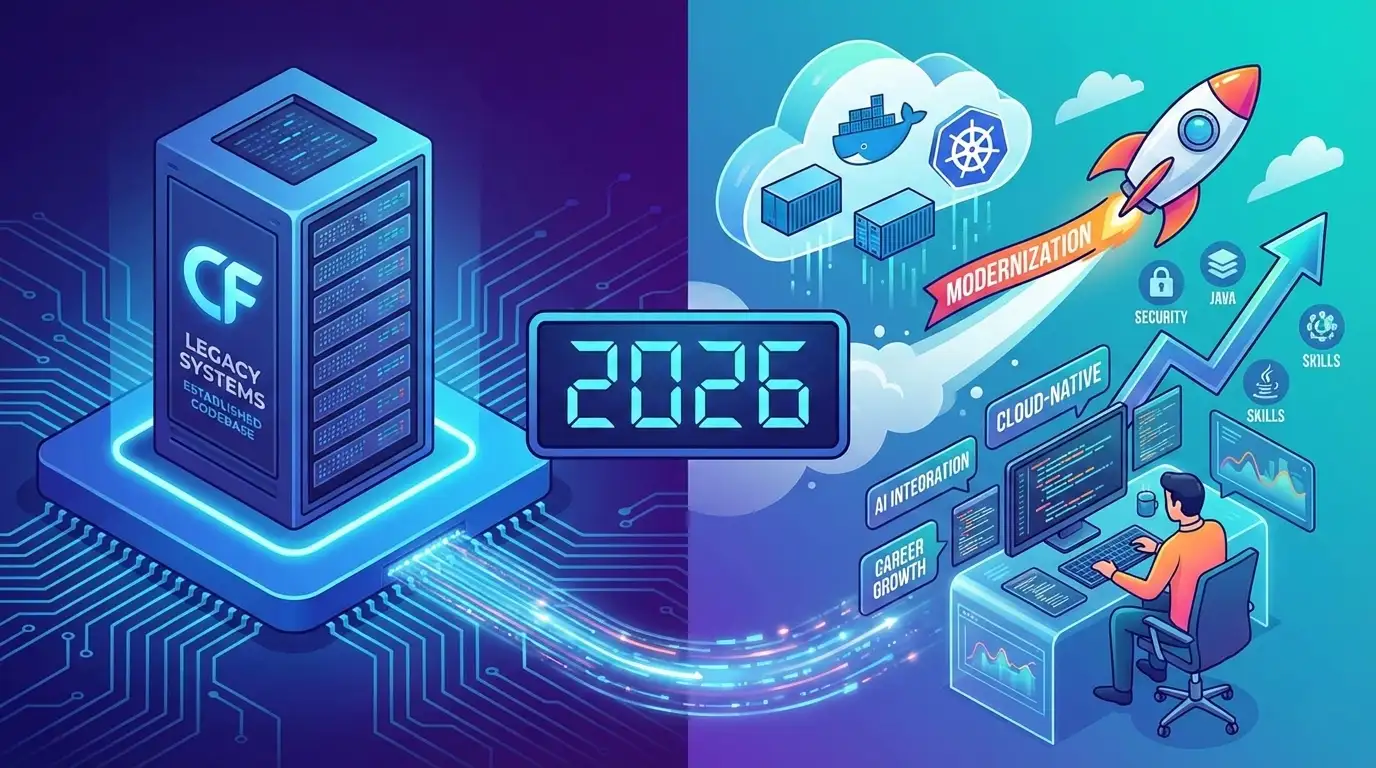How to Build an MVP for Startups: From Prototype to Scale – Founders' Roadmap for Tech, Team & DevOps
Published by: Gautham Krishna ROct 10, 2025Blog
90% of startups fail overall, but those leveraging MVP strategies see 60% higher success rates, while startups using MVP approaches achieve 2.3x faster time-to-market. Case in point: Workforce Management System to Reclaim Lost Hours & Revenue helped a startup deploy their MVP quickly, optimizing operations and securing early funding. This startup MVP guide reveals essential MVP development steps, from prototyping to scaling, with insights on tech stacks, team building, and DevOps to help founders navigate the minimum viable product startup guide in 2025's competitive landscape.
Why a Structured MVP Roadmap is Essential for Startups
Avoiding Common Pitfalls
- Market Validation: 35% of startup failures stem from no market need--MVPs allow early testing to pivot quickly.
- Resource Efficiency: Startups with MVP frameworks reduce initial costs by up to 45%.
- Faster Iteration: DevOps integration leads to 200x faster lead times for changes.
- Team Synergy: Engaged teams achieve 2.5x more productivity, crucial for small startup groups.
"An MVP isn't just a product--it's a learning tool that turns assumptions into validated growth strategies for startups."
5 Key Stages in MVP Development for Startups
1. Prototyping: Validate Ideas Quickly
Tools & Impact:
- Use Figma or Sketch for wireframes to test user flows.
- Focus on core features to avoid scope creep.
Startup Application:
Prototypes help identify issues early, with average MVP timelines starting at 4-6 months from this phase.
Impact: Reduces development risks by 35% through early feedback.
2. Building the MVP: Core Functionality First
Key Steps:
- Prioritize features based on user needs.
- Choose scalable tech like React for frontend and Node.js for backend.
- Integrate basic analytics to measure engagement.
Results:
- 70% of startups using MVPs report faster funding rounds.
- Average cost: $15,000-$50,000 for a single-platform MVP.
Explore Custom Software Solutions
3. Assembling the Right Team
Team Building Strategies:
- Start with 4-10 developers for efficiency.
- Include cross-functional roles: devs, designers, and product managers.
- Foster engagement--companies with team-building see 36% higher retention.
Startup Impact:
- Balanced teams (not >80% business-focused) boost success odds.
- Remote/hybrid models enhance collaboration with tools like Slack.
4. Integrating DevOps Practices
DevOps Tools:
- GitHub Actions for CI/CD pipelines.
- Docker for containerization.
- Monitoring with Datadog.
Benefits:
- 65% higher quality deliverables.
- 99% of organizations report positive DevOps impact.
5. Scaling Beyond MVP
Growth Tactics:
- Monitor metrics and iterate based on data.
- Scale infrastructure with cloud services like AWS.
- Expand team strategically for sustained growth.
Case Study:
Startups adopting DevOps see 86% faster software releases, enabling seamless scaling.
MVP Development Cost-Benefit Analysis for Startups

Implementing Your Startup MVP Guide: 4-Step Framework
1. Define Core Problems and Validate
- Conduct user interviews.
- Build quick prototypes.
- Measure interest with landing pages.
2. Select Tech and Assemble Team
- Opt for flexible stacks like Python/Django.
- Hire versatile talent--aim for 4-10 members.
- Implement agile methodologies.
3. Embed DevOps from Day One
- Set up CI/CD early.
- Automate testing and deployments.
- Monitor for bottlenecks.
4. Iterate and Scale
- Gather feedback post-launch.
- Pivot based on data.
- Plan for growth funding.

Launch Your MVP Today
FAQs
Q: How to build an MVP for startups on a budget?
A: Start with core features--average costs range from $15K-$50K. Use open-source tools and freelance teams to minimize expenses while validating ideas quickly.
Q: What are the key MVP development steps?
A: 1. Ideate and prototype; 2. Build minimum features; 3. Test with users; 4. Iterate based on feedback; 5. Scale with DevOps. This minimum viable product startup guide ensures efficiency.
Q: How does team size impact startup MVP success?
A: Optimal dev teams of 4-10 allow for agility without overload. Larger teams risk coordination issues, while smaller ones may lack diversity.
Q: What's the role of DevOps in a startup MVP guide?
A: DevOps streamlines deployments, reducing errors by 65% and enabling faster iterations--essential for scaling without breaking the bank.
Q: How long does it take to go from prototype to MVP?
A: Typically 8-16 weeks, depending on complexity. Focus on speed to hit market fit 2.3x faster.
Future MVP Trends Startups Should Watch
2026-2027 Predictions
- AI-Integrated MVPs: Automation will cut prototyping time by 40%.
- No-Code Scaling: Platforms like Bubble enabling non-tech founders to build faster.
- Sustainable DevOps: Eco-friendly cloud practices becoming standard.
Strategic Recommendations
- Prioritize User Feedback: Integrate analytics early.
- Build Scalable Foundations: Choose tech that grows with you.
- Invest in Team Culture: Regular building activities boost retention by 36%.
Ready to build your MVP for startups?
"Founders who master the MVP roadmap don't just survive--they thrive in the tech ecosystem."



 AI-Powered MVP Development: Sm....
AI-Powered MVP Development: Sm....
 Build Your MVP Faster: AI Tool....
Build Your MVP Faster: AI Tool....
 ColdFusion to Lucee Migration ....
ColdFusion to Lucee Migration ....
 ColdFusion vs Lucee: Which Is ....
ColdFusion vs Lucee: Which Is ....
 Is ColdFusion Still Relevant i....
Is ColdFusion Still Relevant i....



Your Trusted Software Development Company